Chen T, Knicely D, Grams M. Diagnóstico e Tratamento de doença renal crônica: Uma revisão. Revista JAMA. 2019;322(13):1294–304.
Google Scholar
Sarnak MJ, Levey AS, Schoolwerth AC,…
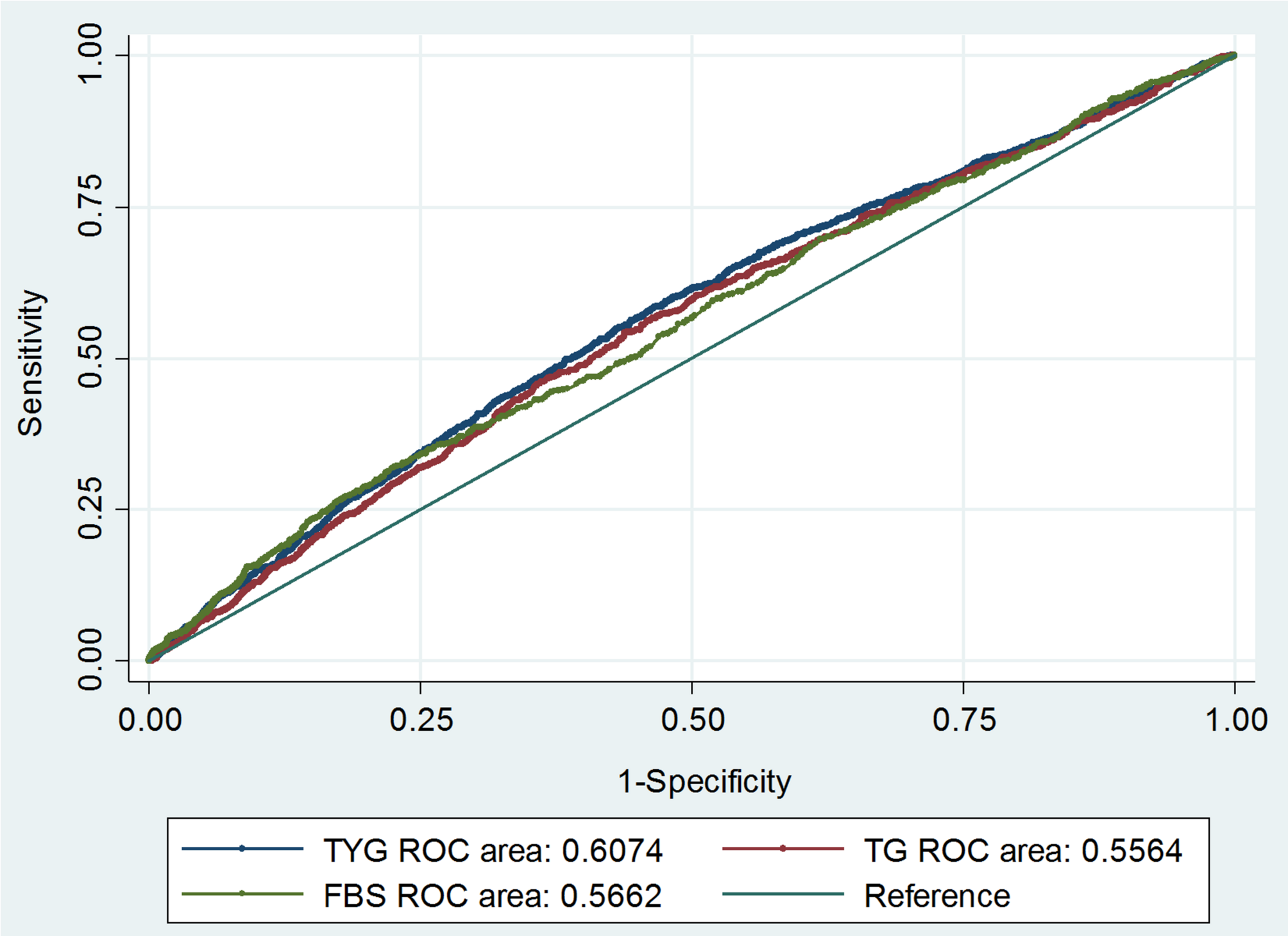
Chen T, Knicely D, Grams M. Diagnóstico e Tratamento de doença renal crônica: Uma revisão. Revista JAMA. 2019;322(13):1294–304.
Google Scholar
Sarnak MJ, Levey AS, Schoolwerth AC,…

Operation comes in coordination between Saudi Arabia, Pakistan, France, Spain, United States Naval assets
Pakistan Navy Ship Yarmook has seized drugs…
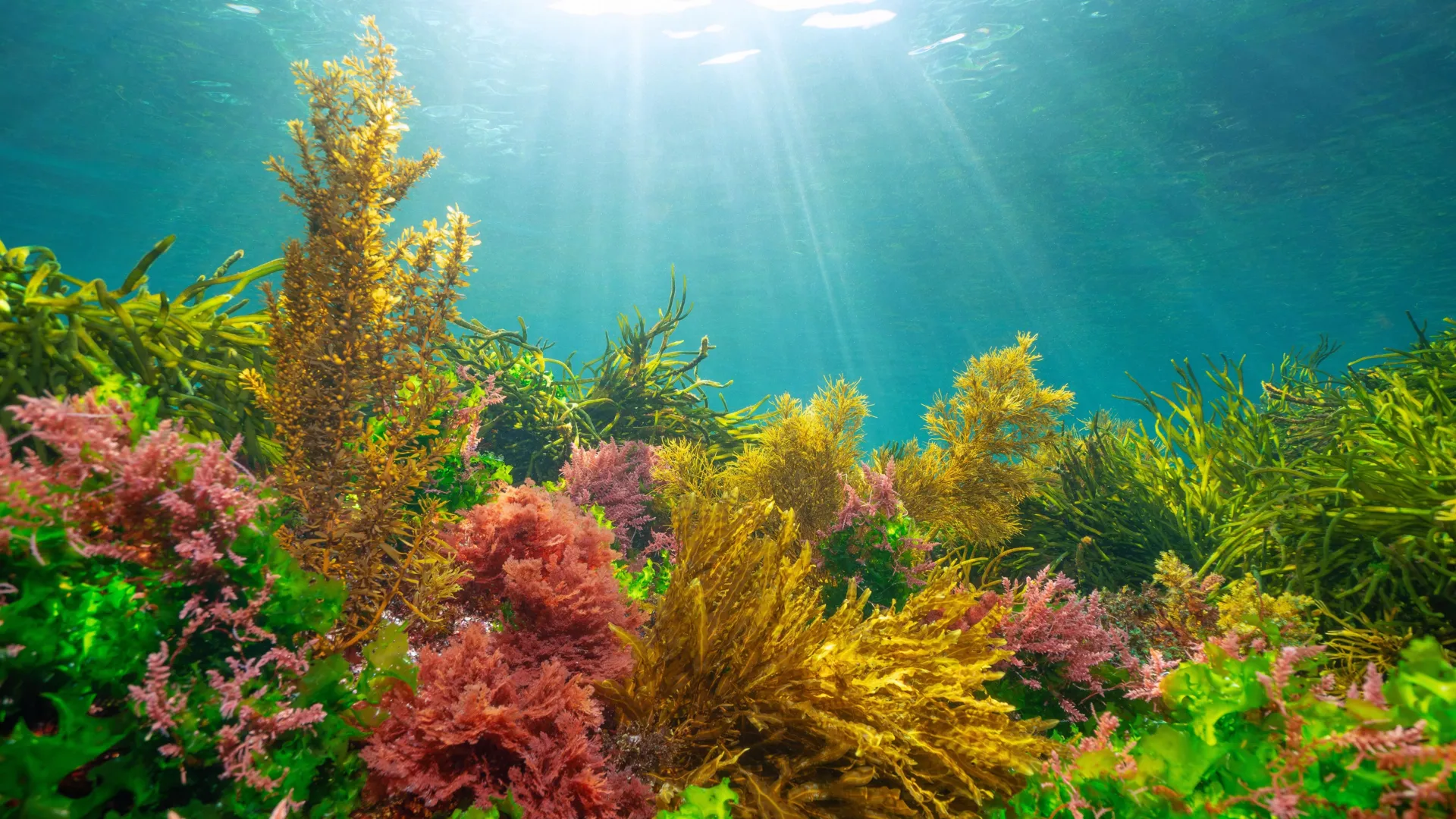
A day of strong sunlight can spoil more than just a beach outing — it can also harm the process of photosynthesis, the way plants and other organisms convert sunlight into energy. Underwater, however, certain algae have evolved a unique way to…

A day of strong sunlight can spoil more than just a beach outing — it can also harm the process of photosynthesis, the way plants and other organisms convert sunlight into energy. Underwater, however, certain algae have evolved a unique way to…
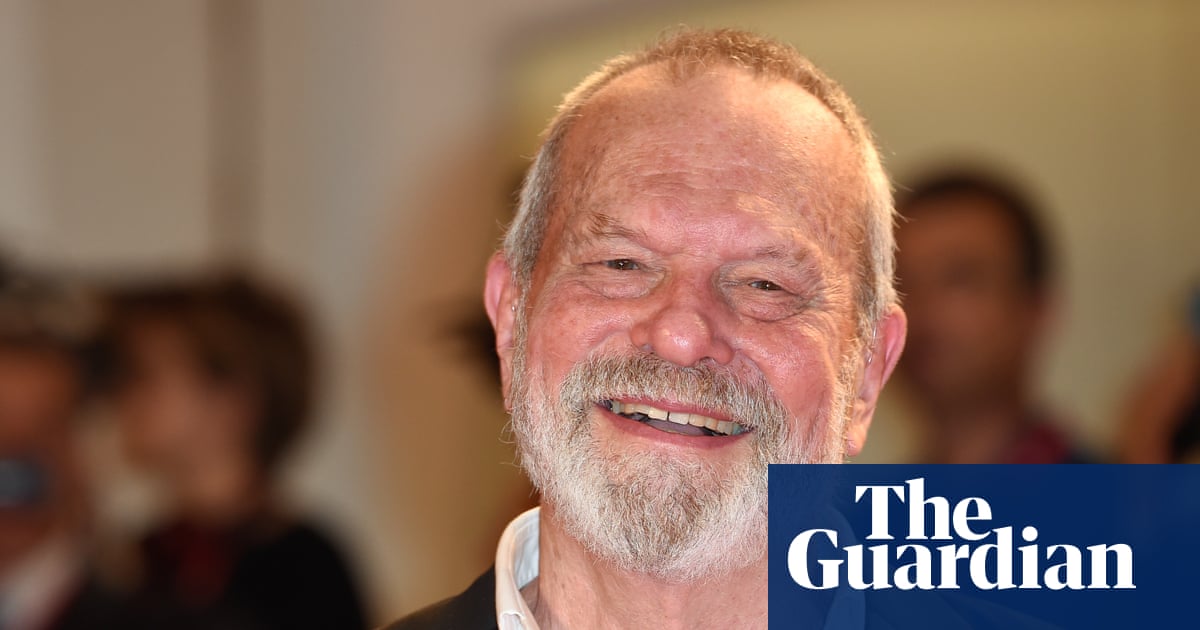
Terry Gilliam has done a lot of things in the past 50 years: he’s been a cartoonist, animator, writer, artist, actor, opera director, title sequence designer. But we can safely say that directing films has been his main calling, and where the…

All times China Standard Time (UTC+8)

Ukraine’s president Volodymyr Zelenskyy said on Wednesday that US president Donald Trump’s call for Ukraine and Russia to stop at the current frontlines was “a…
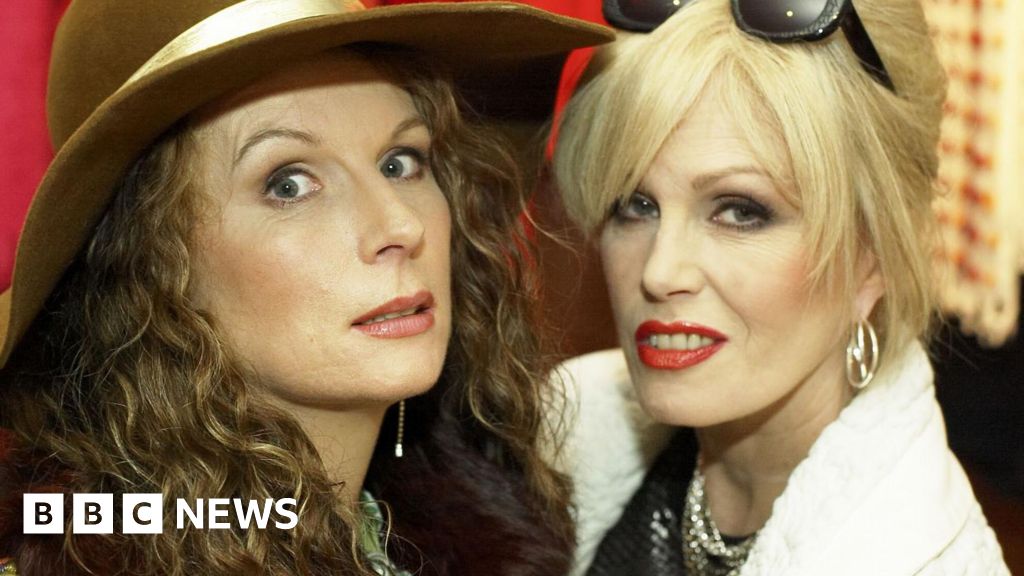
Paul GlynnCulture reporter
 BBC
BBCJennifer Saunders will play the sister of her Absolutely Fabulous co-star Dame Joanna Lumley in the Christmas special of sitcom…
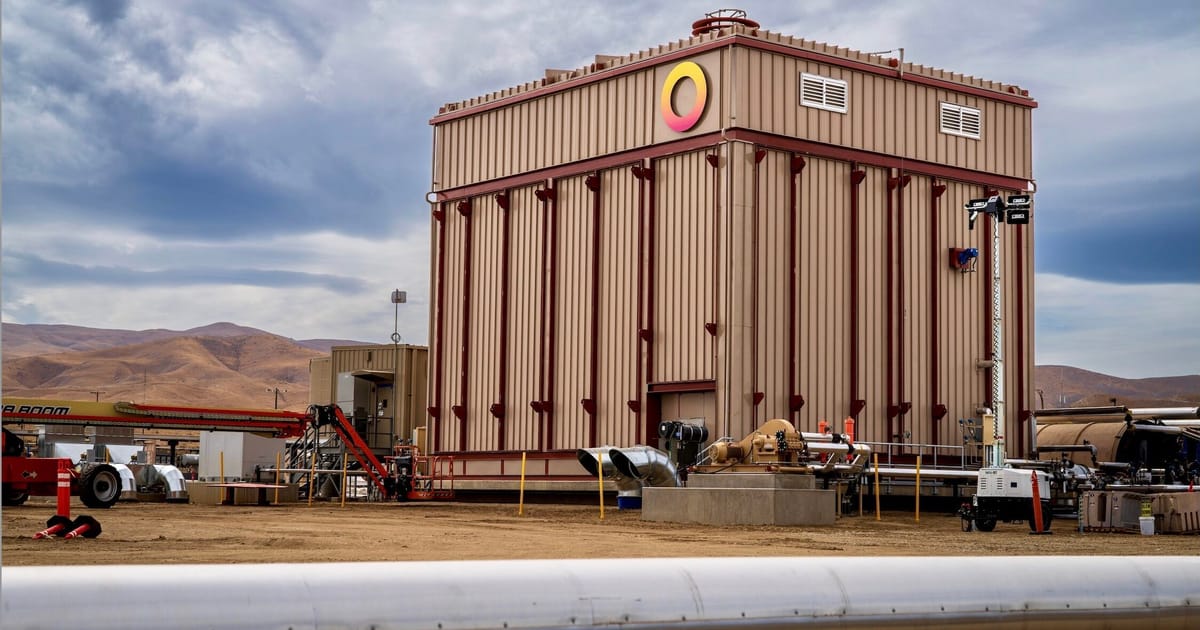
Thermal energy storage systems, which turn electricity into heat that can be tapped for hours or days at a time, could help decarbonize the production of everything from cement to beer.
But in the U.S., where the economics of replacing fossil fuels with electricity remain challenging, thermal-battery startup Rondo Energy has found its first industrial-scale opportunity in a more controversial place: the oil fields of California.
Last week, the San Francisco Bay Area-based firm announced the start of commercial operations for its first 100-megawatt-hour “heat battery,” located at a Holmes Western Oil Corp. facility in Kern County, the heart of the Central California oil patch.
The installation is housed in what looks like a four-story prefabricated office building. Inside sits a massive stack of refractory bricks, which are heated to temperatures of more than 1,000 degrees Celsius (1,832 degrees Fahrenheit) by an adjoining 20-megawatt solar array. That heat is tapped to generate steam that is injected into oil wells to increase production — a job previously done by a fossil-gas-fired boiler.
The project is something of a Faustian bargain. It will reduce carbon dioxide emissions by about 13,000 metric tons per year, said John O’Donnell, Rondo’s cofounder and chief innovation officer. But, of course, those reductions are in service of bringing more planet-warming fossil fuels to market.
Rondo’s argument for pursuing this application is twofold. For one, fossil fuels will be in use for decades to come, and so we might as well reduce emissions from the sector where we can. Second, thermal-storage startups need paying customers in order to scale up their technology, which could prove necessary to minimize pollution from a host of hard-to-decarbonize sectors.
“We’ve got to decarbonize the world the way it is right now,” O’Donnell told Canary Media in a Thursday call from the Washington, D.C., hotel hosting the annual summit of the Renewable Thermal Collaborative, a coalition of organizations working to cut emissions from heating and cooling. “And because California is kind of an island unto itself, we see this opportunity to make a very big impact in the state.”
Those companies haven’t said if they plan to continue work on those projects absent federal funding, and O’Donnell declined to comment on their prospects. “We are ready to work with them when they’re ready to go,” he said.
“Transitioning the world’s industrial economy to clean is going to take a minute — and by a minute, I mean multiple decades,” said Blaine Collison, executive director of the Renewable Thermal Collaborative. “This is a big shift that has to happen at a lot of discrete points. There are tens of thousands, hundreds of thousands of facilities that have to be addressed.”
Rondo’s first 2-megawatt-hour pilot-scale heat battery started operating two years ago at a California ethanol-production facility. But that served more as a “constructability test” for the company’s technology than as a full-scale proof point for commercial viability, O’Donnell said.
Rondo’s Kern County battery, meanwhile, is its first major installation, though it has several others in the works across Europe. It’s building similar heat batteries at a chemicals plant in Germany, a green industrial park in Denmark, and an undisclosed food-and-beverage processing facility in Spain or Portugal.
The market for Rondo’s tech is stronger in Europe, where companies pay much higher prices for fossil gas and face sizeable fees and taxes on their greenhouse gas emissions, O’Donnell said. In the U.S., by contrast, fossil gas is cheap, and only a handful of states impose costs on industrial carbon emissions.